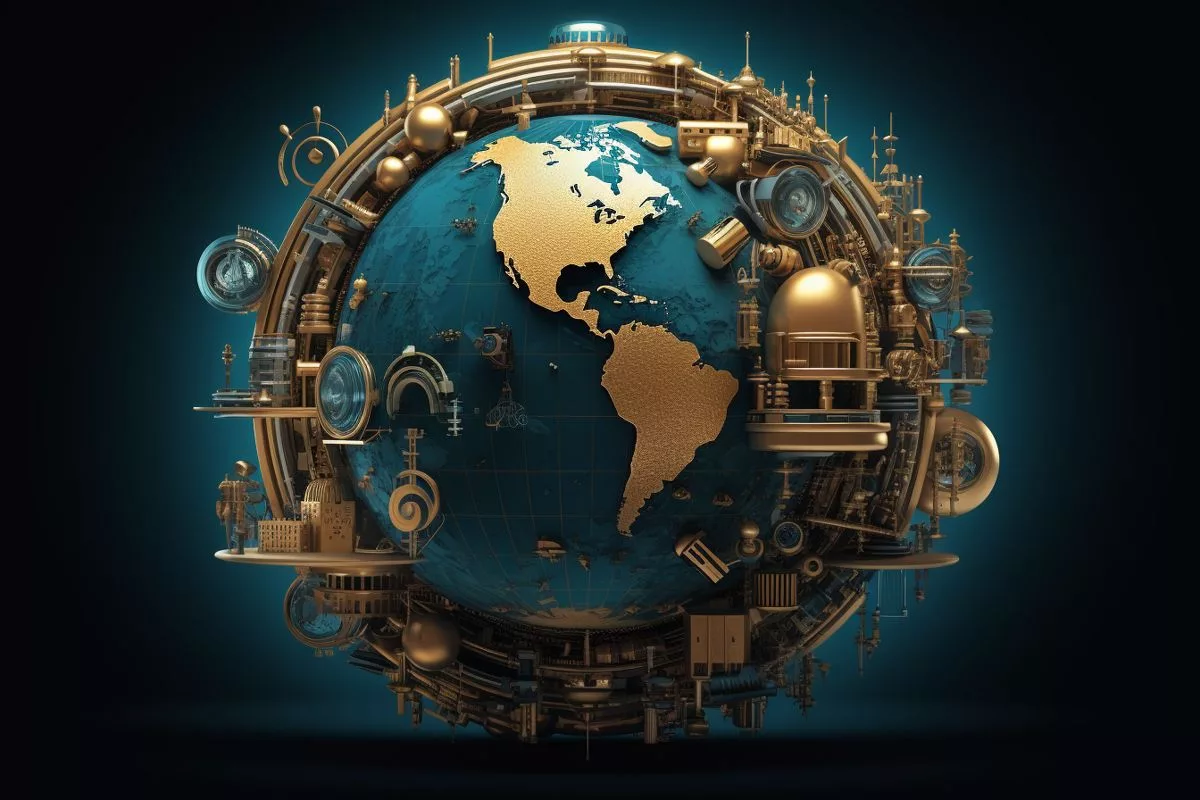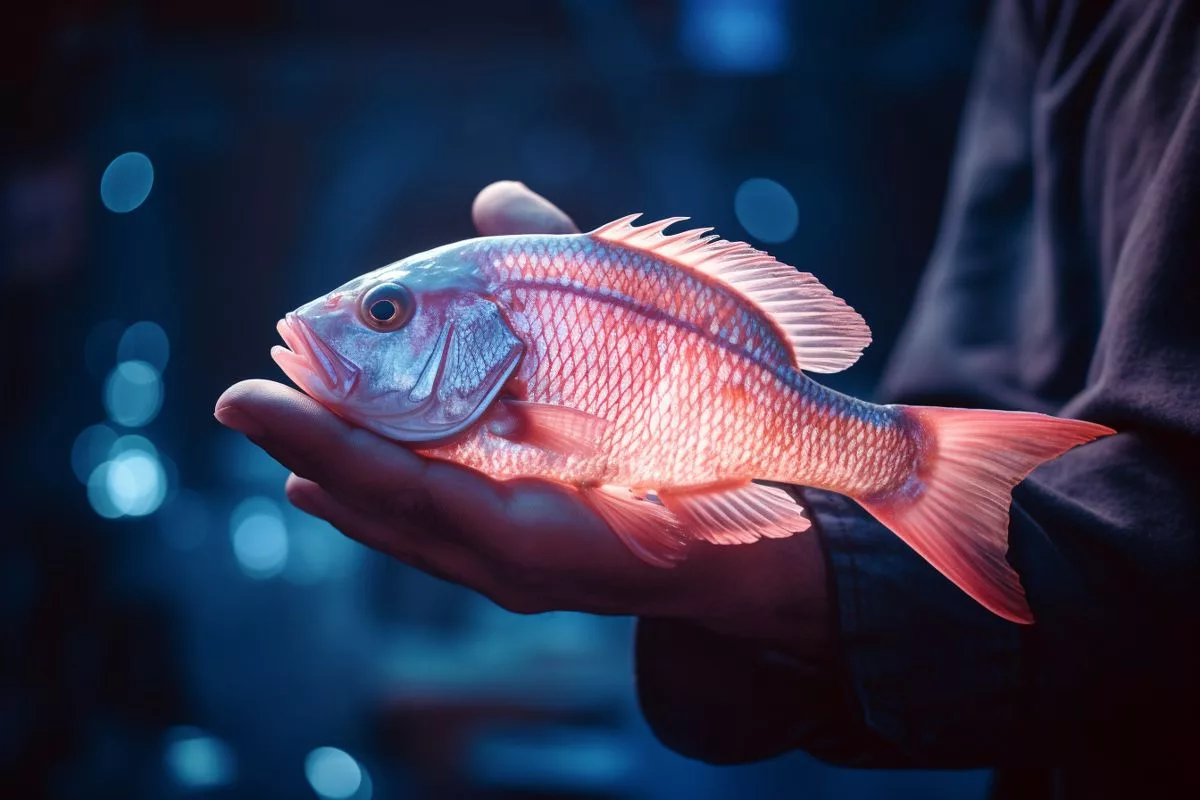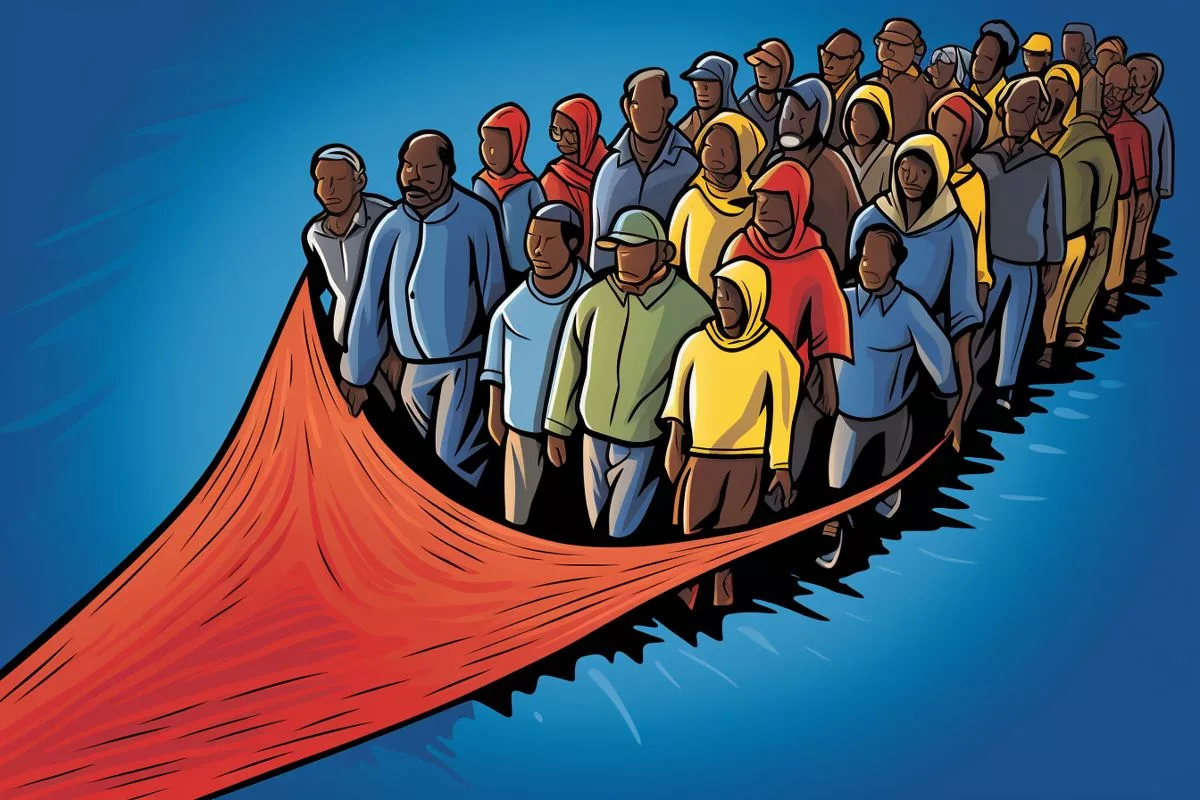Dr Blade Nzimande, the South African Minister of Education, Science, and Innovation, played a significant role in the 42nd Session of the UNESCO General Conference in Paris, France. The Conference, held biennially, outlines UNESCO’s budget and programmes, and is segmented into Commissions that align with its chief programmes. Minister Nzimande participated in the Science and Social and Human Sciences Commissions, discussing issues such as establishing Category II Institutes and Centres under UNESCO, reinforcing the implementation of the Recommendation on Science and Scientific Research, and countering gender biases and violence.
What is the UNESCO General Conference and Commission Meetings?
The UNESCO General Conference is held biennially to outline its budget and steer its programmes and events. This assembly welcomes member states, associate members, observers for non-member states, intergovernmental and non-governmental organisations. It is segmented into Commissions that align with UNESCO’s chief programmes.
Dr Blade Nzimande, the distinguished Minister from South Africa, commands a significant role in the global spectrum of education, science, and innovation. His participation in the 42nd Session of the UNESCO General Conference in Paris, France, from 7th to 22nd November 2023, is a clear reflection of his dedication and valuable contributions to these areas.
The UNESCO General Conference and Commission Meetings
UNESCO conducts this General Conference at a biennial frequency to outline its budget and steer its programmes and events. This influential assembly welcomes member states, associate members, observers for non-member states, intergovernmental and non-governmental organisations. It is segmented into Commissions that align with UNESCO’s chief programmes.
On 13th and 14th of November, the Science Commission convened with the participation of the Department of Science and Innovation (DSI), along with the Department of Water and Sanitation (DWS) and the Department of Forestry, Fisheries and the Environment (DFFE). This Commission serves as a global forum to contemplate how UNESCO can assist member states in enhancing their science, technology, and innovation policies. It also aims at strengthening institutional capability in science and engineering and promoting international scientific collaboration in fields like earth systems, biodiversity, and disaster risk reduction.
The Agenda of the Science Commission and the Role of South Africa
The agenda of the Science Commission for the year was harmonious with the DSI’s priority areas. The key topics discussed included the establishment of Category II Institutes and Centres under UNESCO, the observance of World Metrology Day, and a proposal for the United Nations to proclaim 2025 as the international year of Quantum Science and Technology. The Commission also evaluated reports from various programmes and the execution of initiatives like the United Nations Decade of Ocean Science for Sustainable Development (2021-2030).
South Africa and Egypt have significantly influenced the Executive Planning Group (EPG) that functions as a consultative body for the formulation of the Implementation Plan. The IOC Sub-commission for Africa and the Small Islands States (IOCAFRICA) has also drafted an Africa-specific implementation plan – the Ocean Decade Africa Roadmap, comprising nine Priority Actions that aim to attain the desired outcomes for the African continent and its people.
Minister Nzimande’s Contributions and the Side Events at the UNESCO Conference
Minister Nzimande further participated in the Social and Human Sciences Commission, conducted on the 15th and 16th of November. The central topics revolved around the establishment of Category II Institutes and Centres under UNESCO, reinforcing the implementation of the Recommendation on Science and Scientific Research, and a preliminary study on the technical and legal aspects related to the desirability of a standard-setting instrument on the ethics of neurotechnology.
A noteworthy initiative discussed was the Transforming MENtalities Programme, a UNESCO programme which Minister Nzimande unveiled in August 2023, in collaboration with HIGHER HEALTH and the Human Sciences Research Council (HSRC). This programme aims to counter gender biases, stereotypes, violence, and discrimination by transforming societal norms and culture through policies, advocacy, and capacity-building initiatives, particularly at Institutions of Higher Education.
The UNESCO General Conference also hosted various side events during 13-17 November 2023. One such event was the celebration of the World Science Day for Peace and Development, themed “building trust in science at the nexus of science, policy and society”. Minister Nzimande participated in a high-level roundtable discussion concerning the freedom and safety of scientists, the significance of scientific literacy, public awareness, and trust in science.
The event concluded with the UNESCO Kalinga Prize ceremony for the Popularisation of Science, further emphasizing the importance of science in societal progress and development. Through these platforms, South Africa, under Minister Nzimande’s diligent leadership, continues to identify and mobilise resources to support strategic initiatives for the country’s and the world’s betterment.
1. What is the UNESCO General Conference and Commission Meetings?
The UNESCO General Conference is held biennially to outline its budget and steer its programmes and events. This assembly welcomes member states, associate members, observers for non-member states, intergovernmental and non-governmental organisations. It is segmented into Commissions that align with UNESCO’s chief programmes.
2. What is the Science Commission and its agenda at the UNESCO Conference?
The Science Commission serves as a global forum to contemplate how UNESCO can assist member states in enhancing their science, technology, and innovation policies. The agenda of the Science Commission for the year included the establishment of Category II Institutes and Centres under UNESCO, the observance of World Metrology Day, and a proposal for the United Nations to proclaim 2025 as the international year of Quantum Science and Technology. The Commission also evaluated reports from various programmes and the execution of initiatives like the United Nations Decade of Ocean Science for Sustainable Development (2021-2030).
3. What is the Social and Human Sciences Commission and its agenda at the UNESCO Conference?
The Social and Human Sciences Commission discussed issues such as establishing Category II Institutes and Centres under UNESCO, reinforcing the implementation of the Recommendation on Science and Scientific Research, and a preliminary study on the technical and legal aspects related to the desirability of a standard-setting instrument on the ethics of neurotechnology. A notable initiative discussed was the Transforming MENtalities Programme, a UNESCO programme which aims to counter gender biases, stereotypes, violence, and discrimination.
4. What is the Transforming MENtalities Programme?
The Transforming MENtalities Programme is a UNESCO programme which aims to counter gender biases, stereotypes, violence, and discrimination by transforming societal norms and culture through policies, advocacy, and capacity-building initiatives, particularly at Institutions of Higher Education.
5. What was Minister Nzimande’s role at the UNESCO Conference?
Dr Blade Nzimande, the South African Minister of Education, Science, and Innovation, participated in the Science and Social and Human Sciences Commissions, discussing issues such as establishing Category II Institutes and Centres under UNESCO, reinforcing the implementation of the Recommendation on Science and Scientific Research, and countering gender biases and violence. He also participated in the celebration of the World Science Day for Peace and Development and the UNESCO Kalinga Prize ceremony for the Popularisation of Science.
6. What initiatives did South Africa propose at the UNESCO Conference?
South Africa and Egypt have significantly influenced the Executive Planning Group (EPG) that functions as a consultative body for the formulation of the Implementation Plan. The IOC Sub-commission for Africa and the Small Islands States (IOCAFRICA) has also drafted an Africa-specific implementation plan – the Ocean Decade Africa Roadmap, comprising nine Priority Actions that aim to attain the desired outcomes for the African continent and its people. Additionally, Minister Nzimande unveiled the Transforming MENtalities Programme, a UNESCO programme which aims to counter gender biases, stereotypes, violence, and discrimination.








